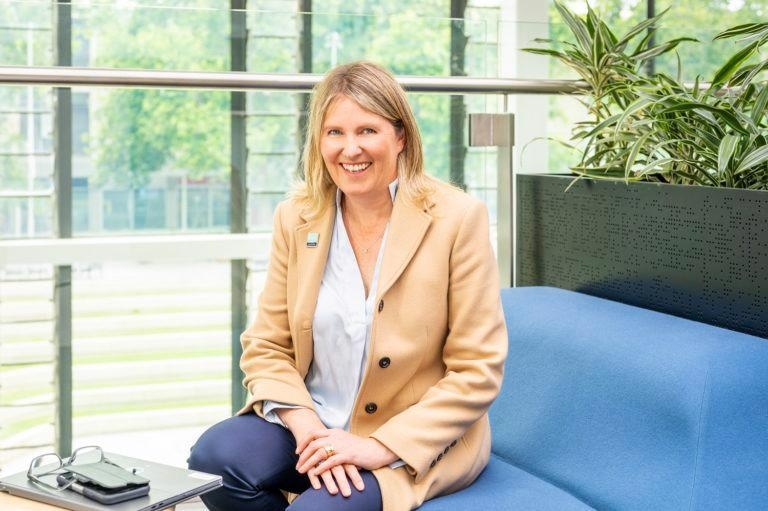The Federal Government’s National Obesity Strategy 2022-2032 is better late than never however it lacks clear direction and disregards an existing model that was ripe for implementation, says a leading social health expert.
 Dr Michelle Jones from the College of Education, Psychology and Social Work. Image Credit: Flinders University
Dr Michelle Jones from the College of Education, Psychology and Social Work. Image Credit: Flinders University
Dr Michelle Jones from Flinders University says the plan, released last month by the Health Ministers Meeting, appears to have taken on board some of the lessons learned from the Obesity Prevention and Lifestyle (OPAL) Program; an Australian, State and local government funded program piloted in South Australia that was starting to make some real change within local communities before funding was withdrawn.
“For almost ten years the OPAL program was run in South Australia, with the program designed to encourage local communities to implement strategies that improved the eating habits and physical activity levels of children through their families and the community,” says Dr Jones, who has extensively evaluated the OPAL program over a number of years.
The integrative context-process-outcome evaluation of the program found it was working, with a demonstrated reduction in childhood obesity through modifying environments. However, one of the biggest issues was the sustainability of the program, as without ongoing funding not all of the activities could be maintained.”
Dr Michelle Jones, Flinders University
The OPAL Program was funded by Australian, State and local governments and implementation of the program occurred locally, responding to identified local need, including community programs to encourage healthy eating and environmental upgrades to promote physical activity, such as walking trails, bike paths and play equipment.
“While this new framework addresses the importance of creating supportive, sustainable and healthy environments, it’s missing some key pillars of the OPAL program that enabled its success and begs the question: where will the money come from?” says Dr Jones.
“With OPAL, there was an existing model the Australian government could have implemented and made a commitment to funding to ensure its longevity but instead we get a piecemeal approach and no clear understanding of who will coordinate the strategy and who will pay for it.”
Dr Jones also highlighted other shortcomings in the 10-year plan, including its over reliance on individual responsibility and a lack of legislation that would help bridge the advertising divide between big fast food manufacturers and local food suppliers.
“Obesity prevention is not as simple as telling people to lose weight or get out and exercise. This ignores the socio-economic factors that underpin people’s health and underestimates the impact of the advertising industry and its ability to influence people’s choices,” says Dr Jones.
“We currently have big food companies, especially fast food, able to advertise at any time of day and target children and at the same time representatives of fruit and vegetable growers can’t match this advertising buying power; this imbalance could be changed through legislation, rather than hopeful thinking.
“The health impacts of obesity are more far-reaching than alcohol and smoking, both of which are heavily restricted in terms of advertising. We should have laws that say what ads can be shown when, how food is packaged to children, and we should be subsidising our local fresh food suppliers to help them to advertise and ensure people are nudged into making healthier food choices.”
The National Obesity Strategy 2022–2032 can be found here: https://www.health.gov.au/resources/publications/national-obesity-strategy-2022-2032